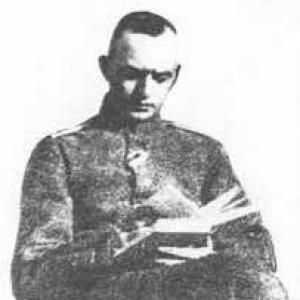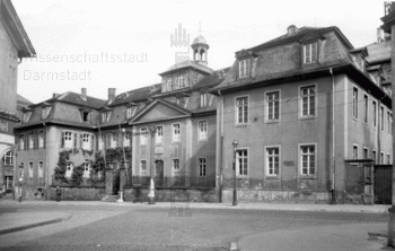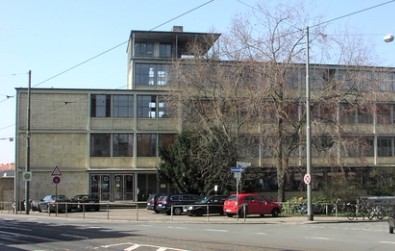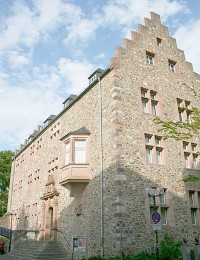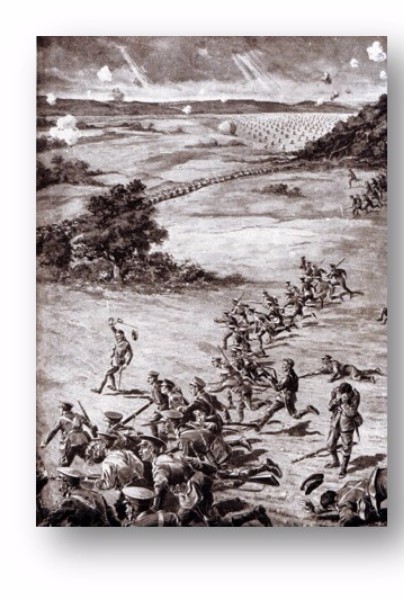I had no idea of the importance and the outrageousness of this project before I participated.
The project begun with a lot of work. We had to face old German sources which used that old terms and expressions of which I never had even heard of my whole entire life !!! We sat down and started translating and organizing the information we got from our texts. It was nothing unusual just a presentation about a person of history at first. It was later when the texts were translated, the information organized in a power point presentation, I realized this was not just any kind of presentation.
This was the life of a soldier who never had before participated in some kind of battle and then was simply recognized as garnision capable and sent to war. This was the life of Karl Feick.
Finally !
The adventure has begun. The afternoon we have arrived in Leuven we faced the 15 Irish students which we have to spend the next 4 Days with. Through some icebreakers and some small talk at lunch the first friendships were made. The official kick of in the evening with four presentations was the small reminder that this was a serious and important project which would need all of our attention and understanding the next four days.
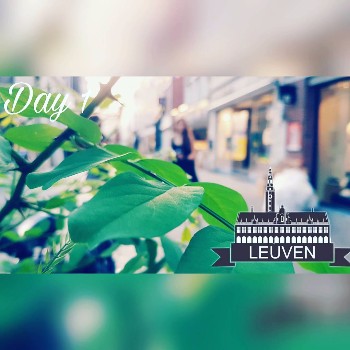
The second day of our adventure started in the morning with an hour of driving time to the European parliament where I had to present my solider to the audience. I had presented before but this time it was special. It wasn’t comparable to any other presentation in my life. The moment I started presenting I told the history about my adopted soldier to the world. A men who never wanted to participate in the war, a son who become a courageous comrade and a foreign leader.
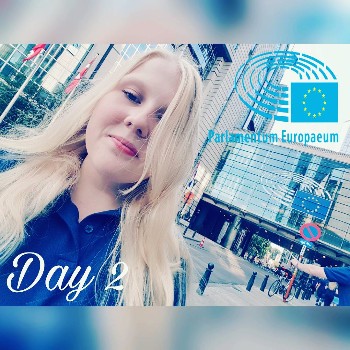
After we visited the parliament we started visiting the real stars of the show. Cemetery by cemetery we visited the graves of soldiers which looked through the big amount of graves we faced almost anonymous. A lot of times when we visited a grave I had the feeling that we were the first visitors, the first people that had asked.
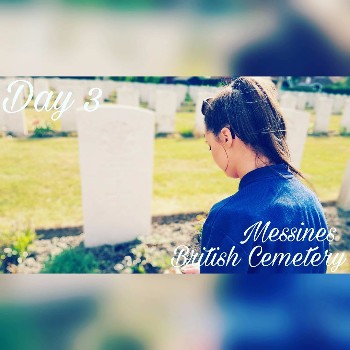
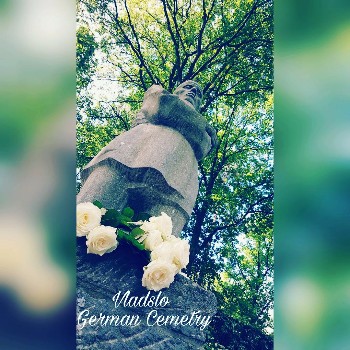
After a really unrelaxing night in a small boarding school near the French border we continued our mission and visited more Irish graves hearing stories of soldiers of which just the name on a big monument was left of. A really important and the most emotional moment for me was the visit of the Vladslo cemetery this day. It is one of the mass graves of German soldiers. We visited the statues of Käthe Kollwitz who lost her two sons ,one by one, to the war. The ceremony we carried out together with the Irish students showed once more that in the war there were humans killed on both sides of the battle.
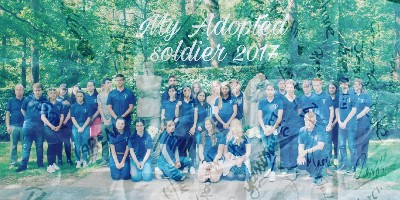
I had no idea of the importance and the outrageousness of this project before I participated.
After this trip I won’t ever just read the number of people who died in some famous battle. I will try to imagine how many lives were taken, how many sons died, how many mothers and wives suffered. I will value every day in which I am not on the battlefield fighting for questionable reasons, in which I am not waiting for a massage of the front to be sure that my father is still alive and not one of the thousand soldiers who died in battle.
